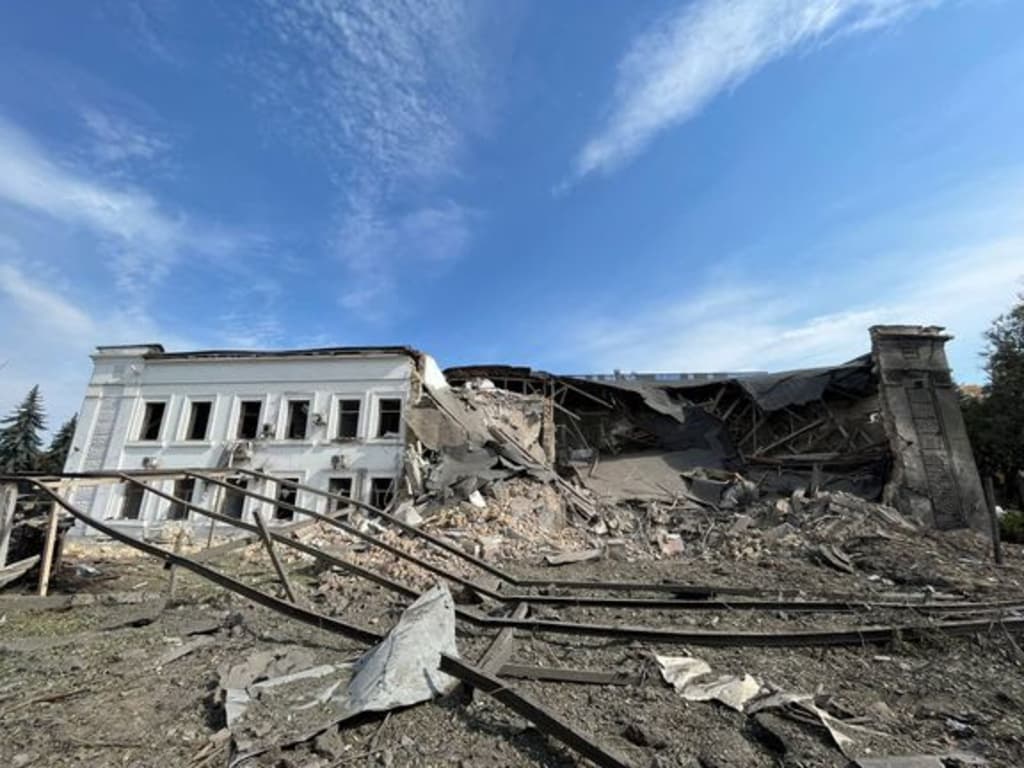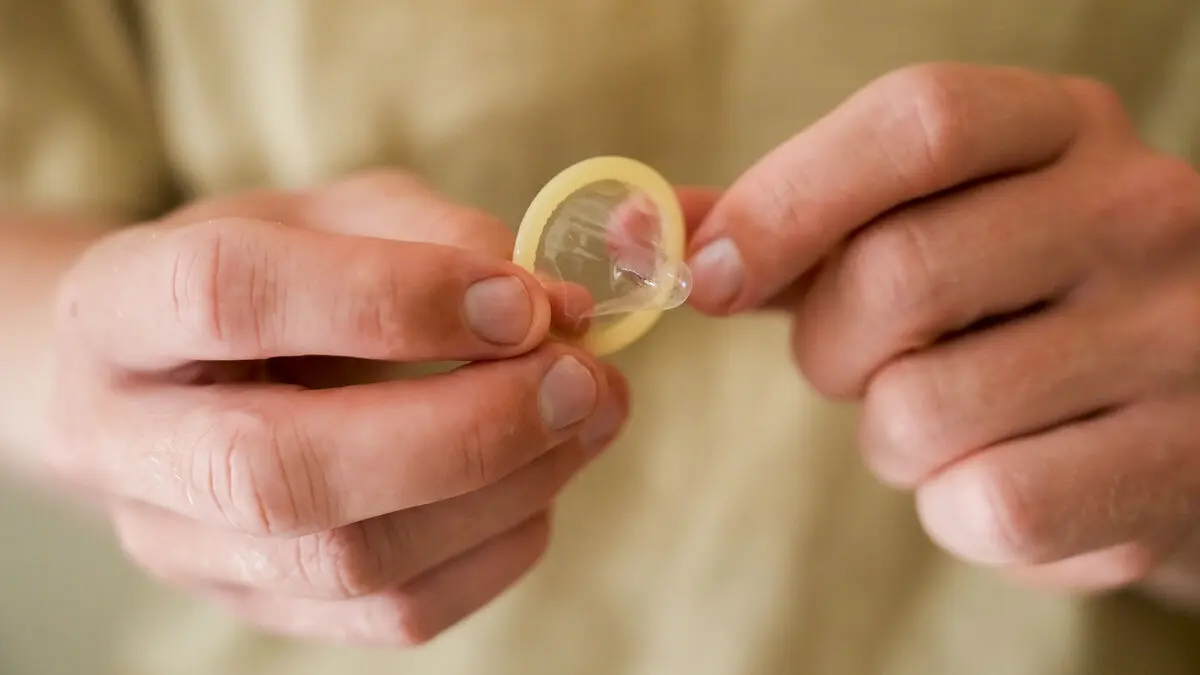According to Ukrainian authorities, all the rockets were shot down. But the parts can still be dangerous.
The attack led to significant material damage to, among other things, buildings belonging to the Danish Folkekirkens Nødhjælp and the Norwegian Kirkens Nødhjælp, aid organizations based in Denmark and Norway, respectively.
"Our office in Kiev was hit tonight and is largely destroyed," says Jonas Nøddekær, general secretary of Folkekirkens Nødhjælp, according to a press release. "But fortunately, the damage is only material, all our employees are safe and in good spirits."
New development
Kiev's regional military leadership describes it as "a combined attack with both cruise and ballistic missiles". The projectiles were of the types Ch-101 "Kodiak" and Iskander and KN-24, reports the news agency EFE.
The first two are established Russian missile systems. But KN-24, or Hwasongpho-11Na, is a relatively new development in the war. It is one of North Korea's newest missiles, developed as part of the recent arms race.
"Unbreakable alliance"
Russia has relatively frequently begun using North Korean weapons after several top-level meetings between the leaders of the two countries, Vladimir Putin and Kim Jong-Un. At the latest meeting in June, what was called "an unbreakable alliance" on military cooperation was concluded.
According to intelligence reports, Kim's weapons are relatively poor – there are reports that about half of them fail on the way to the target.
At the same time, rockets and drones, i.e., smaller and simpler projectiles than missiles, were launched against other regions in Ukraine, including Zaporizhzhia and Kharkiv. They are also reported to have been shot down.
The term begins
"There will be an answer to everything. The enemy will feel it," comments the Ukrainian president's chief of staff, Andrij Jermak, on the messaging service Telegram after the attack.
And part of the answer was immediately directed at Belgorod, a Russian region north of Ukrainian Kharkiv. Just like in Ukraine, the autumn term began in schools on Monday. But Ukrainian air strikes led to children being kept at home in some areas, and classes began online, according to the governor, citing Russian media.
In Ukraine, scheduled rolling power outages are still ongoing, following even larger Russian attacks that hit the power grid a week ago, reports EFE.






